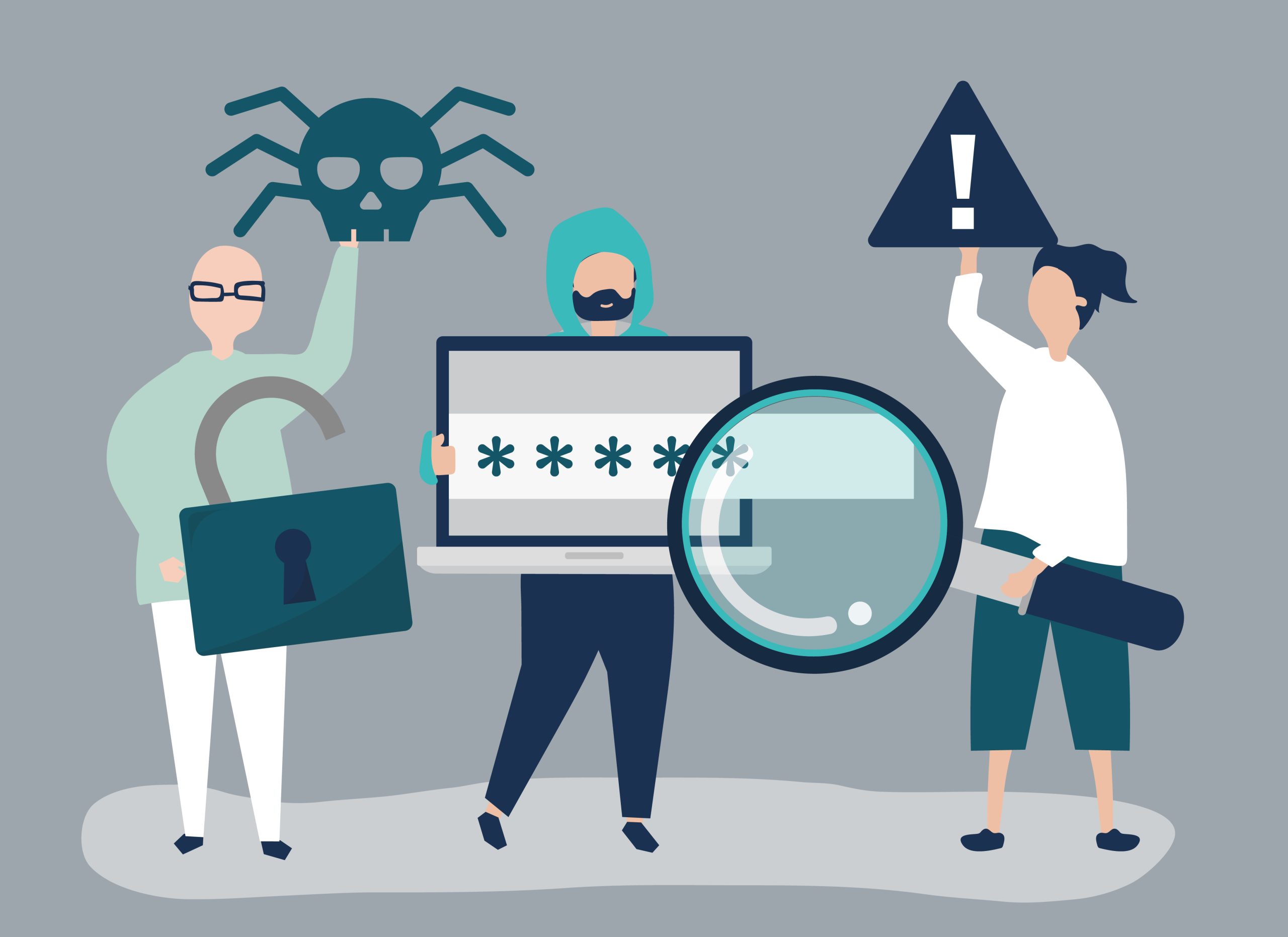
When using resources on the Internet, it is often necessary to use proxies. Depending on the task to be solved, different variants are used. Their use is conditioned by the fact that they create anonymity in the network, guarantee security and help to bypass restrictions and blockages. Among the huge number of options, server varieties are often used, which are affordable. But you should not forget about the disadvantages of using server proxies and understand what happens if you constantly use this option.
What kinds of proxies are there?
Before installing a proxy, it is worth understanding what kinds of proxies there are. The number of their varieties is quite large, as classification is made according to such criteria:
- method of information transmission;
- level of anonymity;
- method of placement;
- type of application.
One of the most popular classifications of proxy is the method of placement. According to this criterion, the available options are:
- server-based;
- resident;
- private mobile proxies.
The peculiarity of server types is that they are placed in special data centers, work on the basis of special software, have a proven speed of operation, but need systematic maintenance. They are reliable, fast and are offered at an affordable cost. At the same time, there are some dangers of server proxies, as first of all there is a blocking of access to the port due to the fact that the address will belong to a particular hosting.
The peculiarity of resident types is that for their work they apply special addresses that are issued to providers. Their cost compared to other options is much higher, but it is impossible to recognize them. Their versatility is extensive, so they are often used for any purpose.
Mobile ones function on the same principle as the resident ones, but they use the IP addresses of the mobile operator. This option is relevant for those who are engaged in the process of promotion through social networks and create a large number of profiles.
What are server proxies?
Asking the question of what happens if you use server proxies, let’s first understand what they are. Server proxies are intermediate servers in the network that act as intermediaries. This is necessary in order to initially transfer information to the intermediary, and then directly to the user.
Often IP addresses of these types are associated with data centers or corporations. For this purpose, cloud services are often taken on the part of providers. Many systems have learned to detect such server proxies with subsequent blocking. Therefore, not every task is solved through their use. It will be better to favor resident proxies. Their peculiarity is that there is a connection with a real device and with the existing IP-address of the provider.
Among the types of server proxy there are such variants:
- shared – a couple of people simultaneously use one IP address, which leads to frequent blocking;
- private or private – the address is used by only 1 person, so blocking is not so frequent.
There are different types of server proxies. Among them there are the following:
- HTTP;
- HTTPS;
- SOCKS4;
- SOCKS5.
Through the HTTP protocol, the user’s address is changed, but it is not able to create a secure environment on the Internet. Therefore, all user activity is in view. HTTPS variant is used to create a secure connection with encryption. Higher security can be obtained with SOCKS4 which not only hides the address but also completely encrypts the use of proxy by the person. There is a possibility of connecting to any port and address through TCP/IP protocol. If you take SOCKS5, then here the port is opened for incoming connections via UDP protocol.
Server varieties have their undeniable advantages. Among them there are:
- the probability of choosing a specific type of proxy;
- proven stability and performance;
- availability and financial savings;
- receiving unlimited traffic.
Due to the above-mentioned advantages, many clients favor this type of proxy.

Disadvantages of server proxies
You should not forget that there are disadvantages of server proxy servers.
Probability of getting banned. Since sites already know how to distinguish the use of server proxies, they immediately ban such addresses even before the start of sales. In practice, there are often situations when the same IP is sold to different users. This is done to make money, but in case of a large number of requests from one address, such users are immediately redirected to the blacklist.
Falling under subnet blocking. A subnet is a special range that includes a specific IP category. For example, from a router belonging to one subnet, the Internet is distributed to other devices. If at least one of the subnet addresses is detected, all other addresses will be blocked.
Minimum number of locations. There are no more than 10-15 locations to choose from when using server proxies.
There is no chance for parsing. Parsing is necessary to collect the maximum amount of information to analyze existing competitors. If you use server proxies for this action, the probability of getting banned increases a couple of times.
Usability inconvenience. Often server proxies for use are provided in text format. This option is not quite convenient for management. Therefore, you will have to put a lot of effort and time into its effective implementation.
Ease of detection in the system. Even while maintaining complete anonymity, target sites already detect where server proxies are installed. Depending on what the site’s policy will be, it is possible to get a ban or on the contrary access.
Therefore, the disadvantages of server proxies are obvious and it is worth thinking about the expediency of their use before using them.
What are the dangers of using server proxies?
There are quite a lot of risks associated with server proxies, that’s why it is worth to understand what are the dangers of using server proxies.
Lack of proven and reliable encryption. The server proxy does not have encryption installed, so it will work through an insecure connection. This leads to compromise of passwords and user names and further leakage of personal information.
Data logging. Along with the data of specific web requests, the IP addresses of specific users are stored. Often such information is not hidden and there are even situations when the information is sold to others.
Limited privacy. If you take server-side free proxies, they operate over insecure networks using an ad-supported revenue model. These ads may contain malware and viruses, and user traffic may be subject to eavesdropping.
Open Ports. The operation of many server proxies relies on the use of open ports, in which most of the action takes place through security vulnerabilities.
Inconsistent speed. Such servers are not always able to serve a large number of users simultaneously, so they are often overloaded with traffic. This cannot guarantee a stable and constant connection speed.
Therefore, when the question arises why you should avoid server proxies, it is necessary to analyze all possible risks that often arise already at the stage of their application in practice.
How to choose the right proxies for your project?
When implementing your own project, it is important to choose the most suitable proxy responsibly. First of all, it is necessary to decide on the type that will be optimal in terms of use and at the same time be guided by the main tasks to be solved when using it.
If there is a need to obtain reliable and fast IP addresses in order to increase the efficiency and effectiveness of work, one should give preference to choosing proxies of special data centers. If there is a need to perform rather “individualized” tasks in the form of pharming, web surfing, creation of accounts and profiles, then the best choice will be resident proxies.
More stability in practice can be obtained by implementing server proxies. But recently such proxies are quickly enough detected by the system and users are immediately blacklisted with no possibility of recovery in the future. That’s why in such situations it will be more reasonable to use a home IP address.
As a result, we can say that server proxies are able to change the IP address and the actual location of the user to ensure its stable operation, but they are quickly detected by the systems. This leads not just to the usual calculation, but to blocking and blacklisting. Therefore, in order to hide the location and protect their own traffic, they can be used, but to perform parsing, pharming, creating profiles, accounts and other individualized tasks, it is no longer possible.






